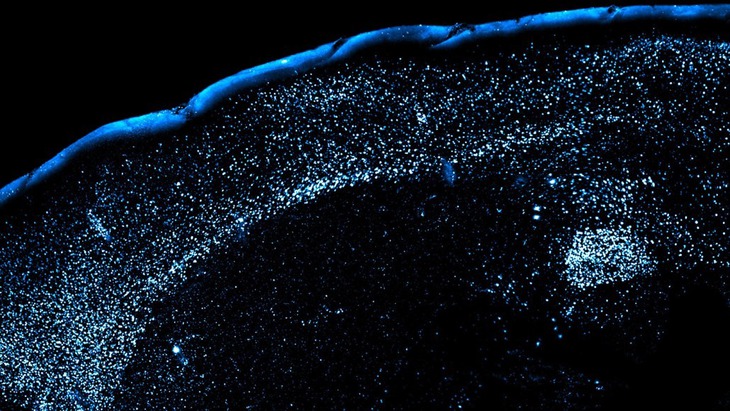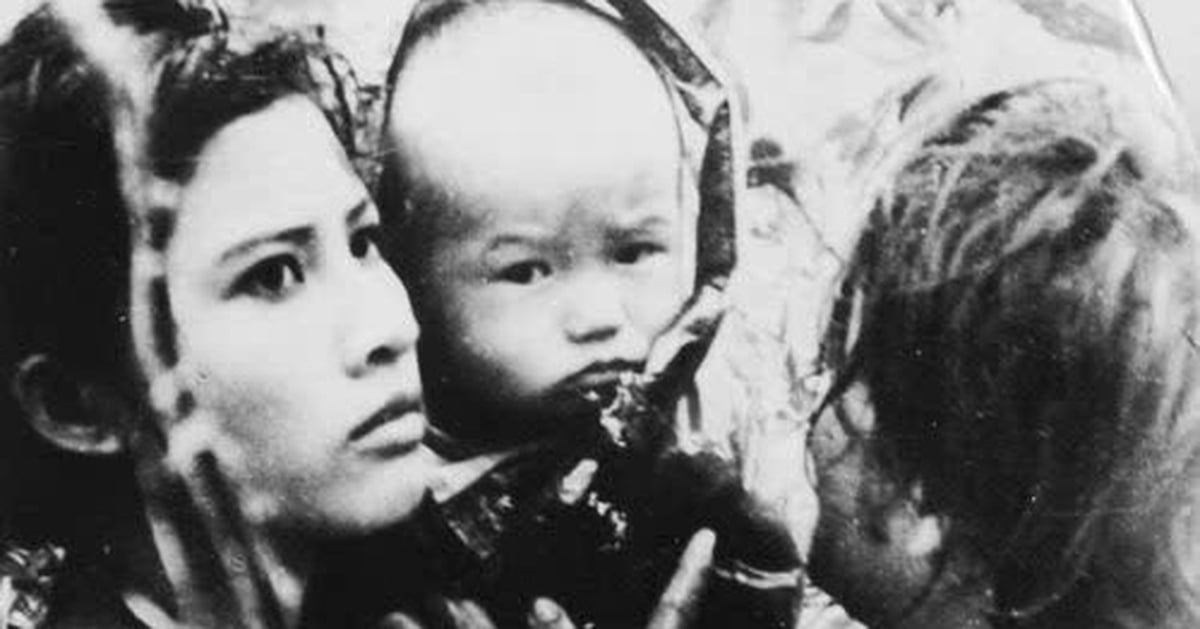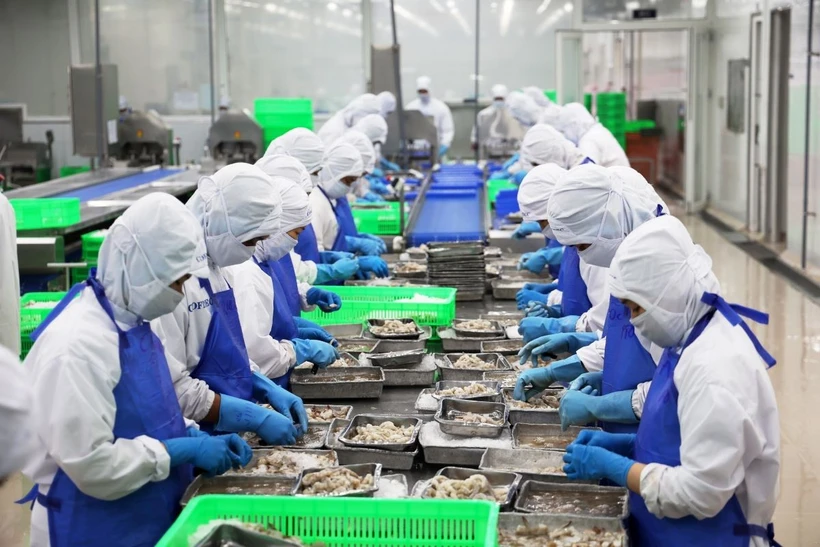
Students were treated at Bach Mai Hospital in a food poisoning incident in March 2023 - Photo: NGUYEN HIEN
In a study published in the journal Nature , scientists at Princeton University (USA) studied how the brain forms memories of food poisoning.
They found that when mice became sick after eating a new food, CGRP neurons in the mice's brains were activated, sending signals to the amygdala, the area of the brain that processes emotions and memory.
This activation helps the amygdala remember the taste of the offending food, creating an avoidance response in the future. Remarkably, just one negative experience is enough to form a lasting memory.
"We've all experienced food poisoning at some point in our lives," said study lead author Christopher Zimmerman. "Not only is it horrible in the moment, but it can also make us not want to eat that food for a long time."

Neurons in a region of the brain called the amygdala light up (blue) when the body encounters a strange and unpleasant food. The same neurons are then enhanced to help the brain remember, and avoid, unpleasant tastes in the future - Photo: Princeton University
The phenomenon of strong memories forming after food poisoning occurs not only in humans, but also in many animals. Therefore, scientists consider this an ideal "natural model" to study how the brain remembers negative experiences that occurred far away from the time of eating, that is, events that did not occur at the same time but are still closely linked in memory.
Aversive learning is a natural protective mechanism that helps us avoid repeating dangerous experiences. However, in some mental disorders, such as addiction or post-traumatic stress disorder (PTSD), this system malfunctions. Negative memories become so strong, persistent, and seriously affect the patient’s mental health.
Therefore, this research not only helps us better understand how the brain remembers and reacts to harmful foods, but also opens up new directions in treating mental disorders related to negative memories.
Source: https://tuoitre.vn/mot-lan-ngo-doc-nho-ca-doi-nao-khien-ta-bi-am-anh-the-nao-2025042315432771.htm



![[Photo] Liberation of Truong Sa archipelago - A strategic feat in liberating the South and unifying the country](https://vstatic.vietnam.vn/vietnam/resource/IMAGE/2025/4/25/d5d3f0607a6a4156807161f0f7f92362)

![[Photo] President Luong Cuong holds talks with Lao General Secretary and President Thongloun Sisoulith](https://vstatic.vietnam.vn/vietnam/resource/IMAGE/2025/4/24/98d46f3dbee14bb6bd15dbe2ad5a7338)
![[Photo] President Luong Cuong meets with Lao National Assembly Chairman Xaysomphone Phomvihane](https://vstatic.vietnam.vn/vietnam/resource/IMAGE/2025/4/25/dd9d8c5c3a1640adbc4022e2652c3401)
![[Photo] General Secretary To Lam receives Philippine Ambassador Meynardo Los Banos Montealegre](https://vstatic.vietnam.vn/vietnam/resource/IMAGE/2025/4/24/6b6762efa7ce44f0b61126a695adf05d)

















































































Comment (0)